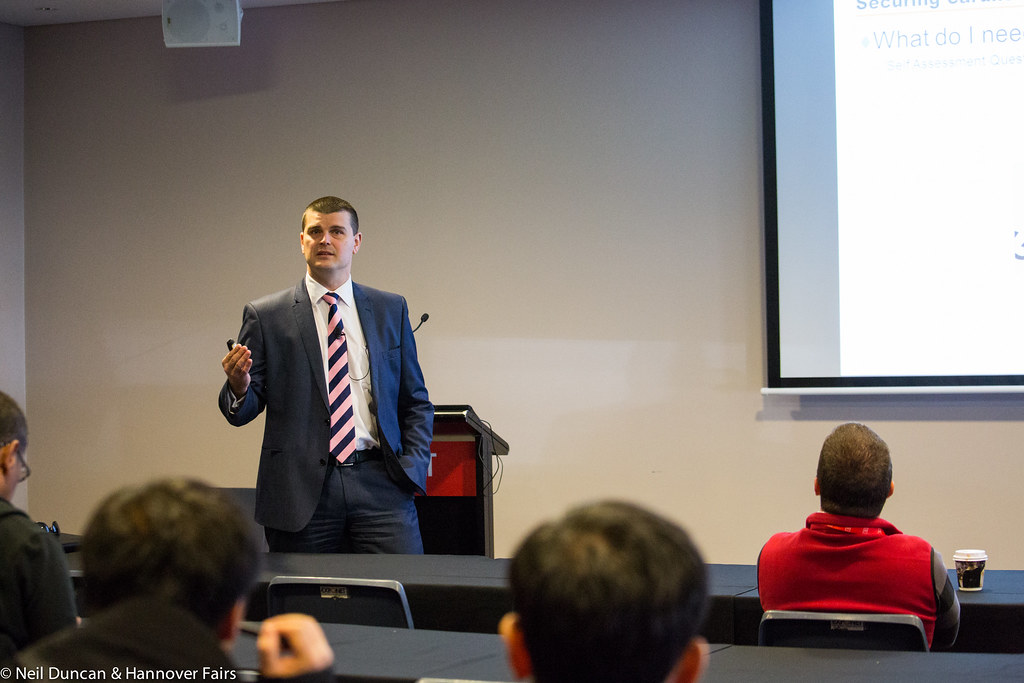A Bold Court Victory Shakes Up Local Law Enforcement (Image Credits: Unsplash)
Inglewood – Tension hung heavy in the Torrance courtroom as the gavel came down on a long-fought battle for openness.
A Bold Court Victory Shakes Up Local Law Enforcement
Picture this: a judge calling out an entire police department for playing hide-and-seek with public documents. That’s exactly what happened recently when a California court ruled against the Inglewood Police Department. The decision highlights how they’ve dodged requests for years, leaving communities in the dark about officer actions.
This isn’t just a slap on the wrist. The ruling points to deep-rooted issues in how the department handles transparency. Families and activists have pushed hard for access to these files, and now the court has sided with them firmly.
What Sparked the Lawsuit?
It all started back in 2021 when the ACLU of Southern California filed a request for records on police use of force and misconduct. Weeks turned into years with zero documents handed over. Frustrated, the ACLU took the matter to court, arguing the department was breaking state law on purpose.
The California Public Records Act demands quick responses to such requests. Yet Inglewood officials stonewalled, claiming exemptions that didn’t hold up. This pattern of delay and denial became the core of the case.
Key Violations Exposed by the Judge
Judge Gary Y. Tanaka didn’t mince words in his 13-page ruling. He found “systematic violations” of the law, including outright refusal to share any files with some requesters. Even worse, the department allegedly destroyed some records before new disclosure rules kicked in.
At the heart were laws like SB 1421 and SB 16, which opened up police files on serious incidents. Inglewood ignored these mandates, treating them as optional. The judge overruled defenses from a key lieutenant, calling their excuses unconvincing.
Who Bears the Blame Inside City Hall?
Finger-pointing landed squarely on Lt. Scott Collins, the go-to guy for records requests. His lengthy declaration got shot down by the court for lacking substance. Time after time, he denied access without solid reasons, fueling the lawsuit.
The city clerk’s office didn’t escape criticism either. They mishandled notifications and responses, adding to the mess. This duo’s actions painted a picture of institutional resistance to accountability.
What Changes Are Coming for Inglewood PD?
The ruling isn’t just talk – it’s action. The department now must post misconduct and use-of-force records online for public view. No more excuses; transparency becomes mandatory.
Penalties could follow too, with potential fines for past violations. This forces a overhaul in how they manage and release information. Communities hope it leads to real reforms in policing practices.
Broader Implications for California Policing
This case ripples beyond Inglewood. Other departments watching closely might rethink their secretive ways. It reinforces that public records laws aren’t suggestions – they’re requirements.
Activists see it as a win for oversight. When officers know their actions could go public, behavior might shift. Still, enforcement remains key to making sure this sticks.
- Online posting of key records starts soon.
- Fines possible for ongoing non-compliance.
- Training likely needed for records staff.
- More lawsuits could target similar holdouts.
- Public trust rebuilds through openness.
Key Takeaways:
- The court confirmed deliberate delays in releasing police files.
- Inglewood must now make misconduct details accessible online.
- This ruling strengthens public access rights statewide.
In the end, this decision reminds us that sunlight is the best disinfectant for public institutions. It empowers citizens to hold power accountable. What steps should other cities take next? Share your thoughts in the comments.





